The Polish constitution delineates no role for the foreign minister’s wife. In fact, the foreign minister’s wife is not mentioned in Polish state documents of any kind. Nevertheless, there are times when, as the Polish foreign minister’s wife, I find that I have no choice but to bear witness to great historical events. On the Friday following the British election, the Polish foreign minister — better known as an occasional Spectator diarist — was informed that the new British Foreign Secretary planned to visit Poland on his first trip abroad. Because we had planned to spend that weekend at our country house, northwest of Warsaw, and because there is a nearby airport, it was suggested that the official talks be organized there. This was accepted, and an extraordinary process was set in motion. Men from the secret services of both nations started snooping around on Saturday. The caterers arrived early on Sunday, bearing extra coffee machines. The ministry thoughtfully sent a van packed with flag stands so that we could display the Union Jack and the Polish flag on the front porch. Finally, just as preparations were concluding, the Rt. Hon. David Lammy arrived in a Jaguar. Talks were held. Walks were taken. A press conference took place. My role was clear: to take pictures from the terrace and enjoy the excellent lunch.
The next day I flew to Washington, where the change of climate was abrupt, in many senses of the word. In Poland we had clear skies and a bit of breeze. In Washington, the humidity is so thick and the heat so intense — 38 degrees one day, 39 the next — that the white marble buildings shimmer like mirages in the desert. On the day before an assassin tried to shoot former president Donald Trump, the weather was so oppressive that it felt like a political metaphor: a wall of heat rising to engulf the city. The sense of foreboding was so powerful that it reminded me of a story about the late senator John McCain, who once told an audience that they should remember the words of Chairman Mao: “Things always look darkest… just before they get pitch black.” Afterwards, someone asked him when Chairman Mao had made such a pessimistic statement. “He didn’t say it,” said McCain, cheerfully. “I made that up.”
I grew up in Washington and have always been bemused by the gap between “Washington,” the city of the White House, the Capitol and sinister Hollywood films, and Washington, a real place where real people live. I once wrote about how odd it can be for us Washingtonians to hear the ritualistic denunciations of “Washington,” particularly since the doctors, dentists, taxi drivers and schoolteachers who live here mostly feel as distant from the federal government as everybody else. I thought of this again last week because the 75th anniversary of Nato brought so many illustrious people to town — everyone from the presidents of Ukraine and South Korea to the prime ministers of Canada and Estonia to the Polish foreign minister himself — but none of us saw them. For security reasons, they remained in their bubble, moving from conference rooms to gala dinners in orderly, well-guarded motorcades. Much was made of the “impact” of the summit, but for the people who live in the real Washington, it had only one real impact: for just a few days, we complained far more about the traffic than about the weather.
My new book, Autocracy, Inc, is quite short. I had been telling people that you can finish it on the eight-hour flight from Washington to London, but now that I’ve had a look at an actual printed copy, I think you might be able to finish it on the one-hour flight from Washington to New York. It describes a network: Russia, China, North Korea, Iran, Cuba, Venezuela, Belarus, Zimbabwe and others. They aren’t an alliance, they don’t share an ideology and we aren’t starting Cold War 2.0 (a lazy analogy if there ever was one). The only thing they have in common is that they dislike us — you, me and anyone else who might read this — partly because we compete with them, but also because we talk about rights, transparency and the rule of law, just like their domestic opponents. Many of their regimes would be fragile on their own, but by working together they can stay in power — and undermine us. That’s why we too need new alliances, new coalitions to resist them. Poland plus Britain; the democratic world plus the democratic activists inside the autocratic world; the “Washington” of Nato, plus ordinary Washingtonians. Maybe even — who knows — The Spectator and the Starmer government? Stranger bedfellows have been found.
This article was originally published in The Spectator’s UK magazine. Subscribe to the World edition here.



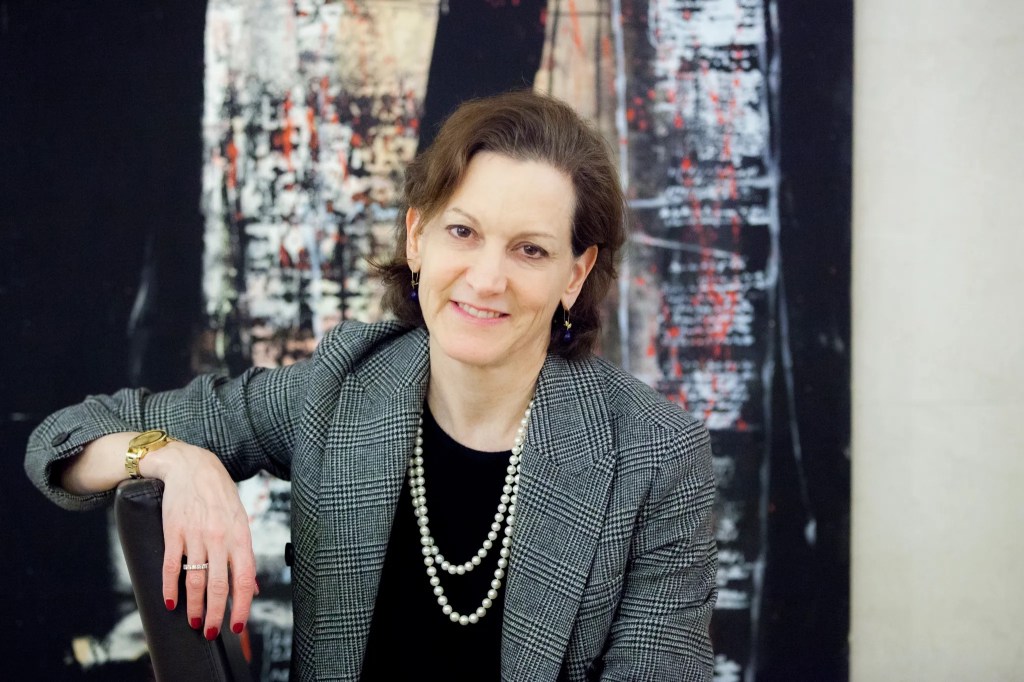









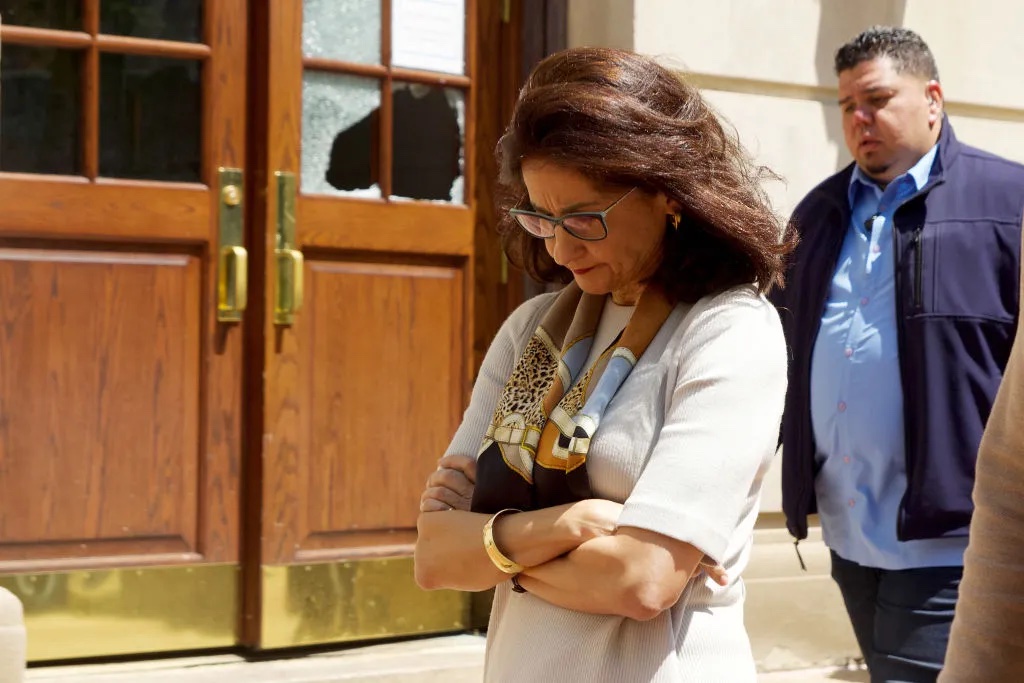

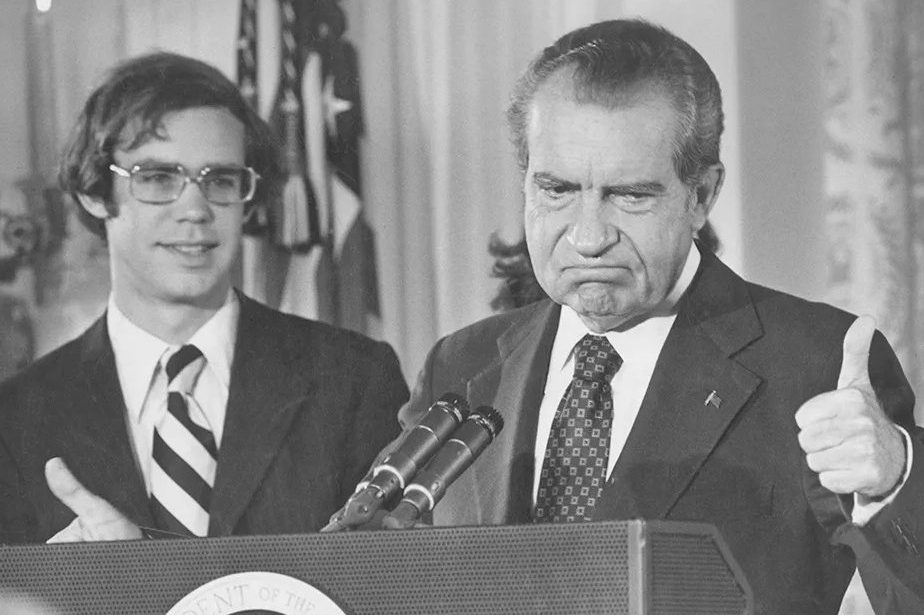

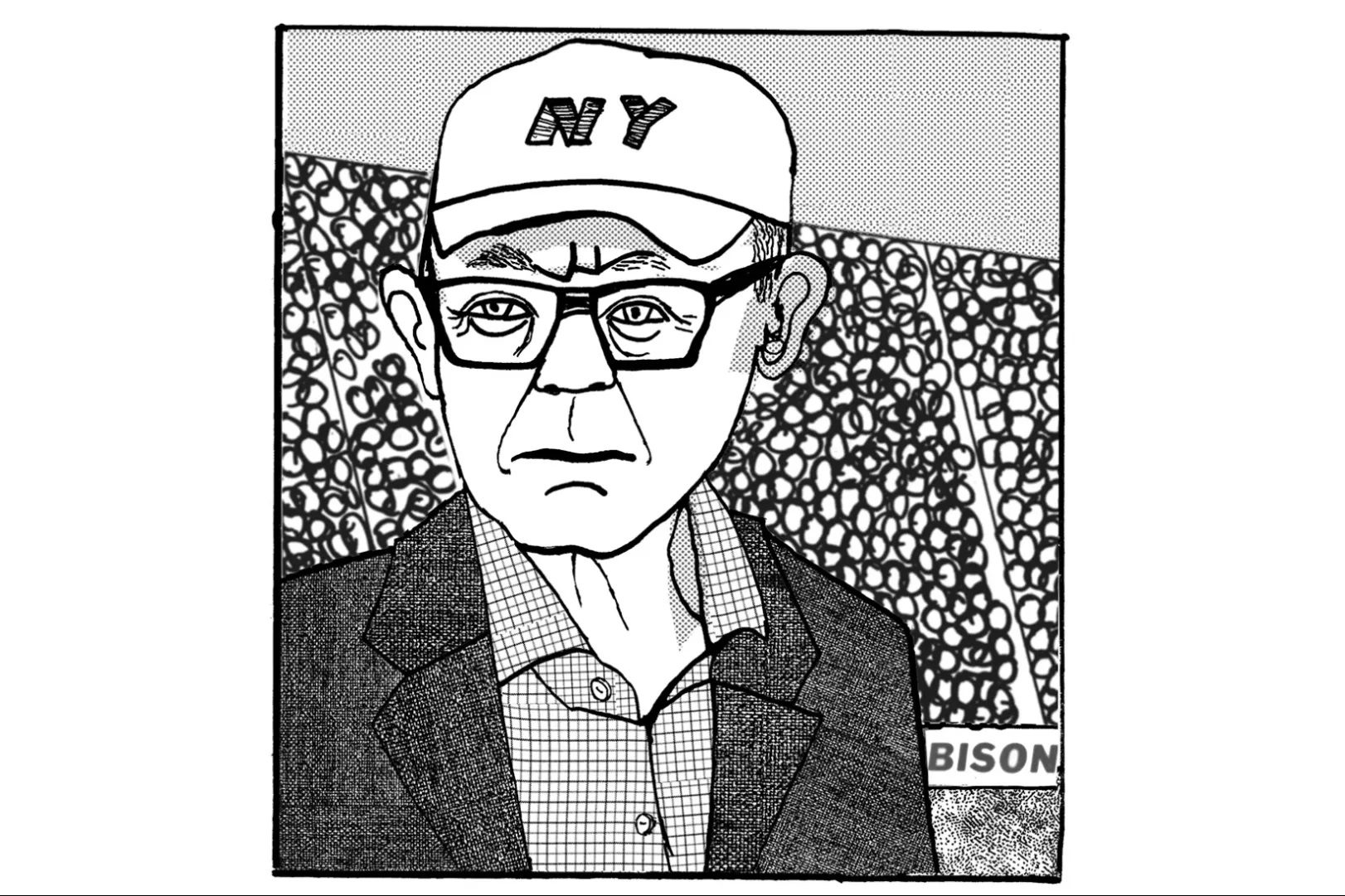
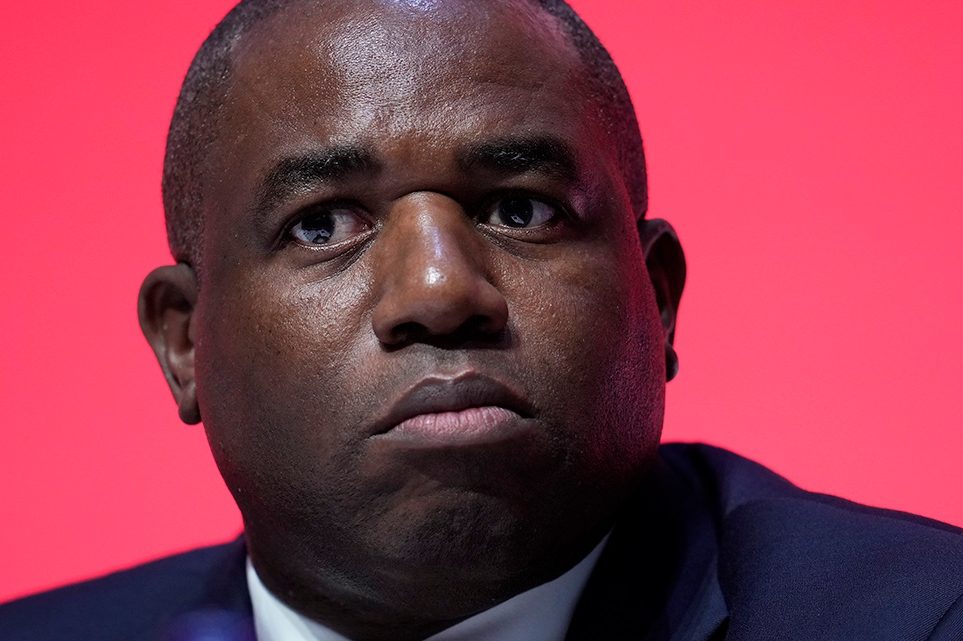







Leave a Reply